A healthy practice and a healthy profession are the results of how we play the game of practice ownership. But what is a healthy practice? Conversing with students, associates and practice owners, the shared perception is that a healthy practice includes four components — a vision or cause, financial health, team health and patient health. While this is the ambition of many veterinarians, turning that ambition into reality on all fronts is a perpetual challenge for a large number of practices. A plethora of different factors may arise as the prominent obstacle within the spectrum of hospitals but the foundation of all of those obstacles comes down to how we perceive and how we choose to play the game of practice ownership.
When we play to win, we are working towards a clearly defined end. We don’t want to just be better, we want to be the best. The stronger our competitive drive, the more we want to annihilate our competitors and revel in the spoils of our victory. This mindset may work well for a finite game like football, where we have known players, fixed rules and an agreed upon finish line but business, like relationships and education, is not a finite game. It’s an infinite one. Sometimes we know the players and sometimes we don’t. Laws or regulations may define the boundaries but there are no fixed rules telling us how to play. And, there are no winners and no losers. We can have a successful practice, a happy marriage or a wealth of knowledge but we will never be crowned the champion of any of them. The whole point of these infinite games is to keep playing them and to experience the joy in the journey.

Will Your Practice Outlive You?
Practice owners that are playing the infinite game, focus on building hospitals that are strong enough to stay in the game for generations. They clearly understand their cause — the reason the practice was founded in the first place, and they empower the members of their team and the future leaders they inspire to further that cause long after they have retired. These owners may not have gotten everything right, but they aspired to do what was good for the game and they found the joy in the adventure as they reached for their vision.
Their strategies weren’t just good for the game, they were good for business. When we focus on what is good for us, rather than what is good for me, profits follow. We build clients not customers and become part of the community rather than just a commodity. The practice owners I have been fortunate enough to meet that embrace this philosophy are not only one doctor practices, they are multi-doctor practices and many of them don’t just have one location, they have many locations because in the long run, people want to be a part of something bigger than themselves and a practice that cares about them.
As veterinarians, both practice owners and associates, the game we play and the specific causes we support within that game hold an even deeper significance. They are tied to the oath we took when we walked across that stage at graduation. Losing our cause is more than just a lack of direction, it is a failure to deliver on our promise. Landing in that place professionally, can have a serious impact on mental health and wellbeing.
Slipping Off The Track
Somehow, the veterinary profession started slipping off the track with more practices playing the finite game than the infinite one. Instead of focusing on what is good for us the trend shifted to what is good for me. It is unlikely that this transformation was inspired by selfishness or maliciousness. Change happens slowly and marginal changes are difficult to see. It is also easier to lead a company with a finite mindset than an infinite one, especially in times of struggle or downturn. Thinking in generations is difficult when payroll is due on Friday.
Playing the game of practice ownership with the wrong strategy leads to serious problems. When we are so focused on being the best or beating a competitor that we lose our cause, we become a commodity with customers rather than loyal clients. This shift causes us to forget that we exist to serve, and we miss the changing needs or values of our community. Instead of leading change, we are continually reacting to it. With our focus on the wrong values, trust and cooperation within our teams decline. And, we charge so fast towards a finish line that doesn’t exist, that we burn ourselves out and withdraw from the game — we simply lose the resources or the will to keep playing.
As it turns out, the quickest way to be dealt out of the infinite game is to play it like a finite one. The veterinary profession was not alone in this transformation. It happened to everyone. In the 1950’s, the average lifespan of a company was sixty years. Today, it is less than twenty.

The Game Didn’t Change, But How We Chose To Play It Did
Many of the challenges we are now facing in the veterinary profession emerged because we forgot which game we were supposed to be playing. In practice ownership, for example, there was a shift to focusing on EBITDA (earnings before interest, taxes, depreciation and amortization). By focusing on growing profit, practices forgot about their cause (e.g. empowering the human animal bond, animal health and welfare, access to care, one health). They became so focused on the income statement that they forgot about return on investment and they forgot about their turns — the volume of goods and services provided rather than the profit margin on them.
With business decisions largely guided by the wrong focus (profit at the expense of service rather than profit to better support service), other players entered the game. Corporate consolidators dove for our return on investment because even at the seemingly astronomical multiples of EBITDA they were offering, they could still obtain a better return on investment than the 7% longterm average from the stock market. Retail stores and parallel service providers dove for our turns, selling high volumes of low profit products and services. And, our associates, technicians, support staff and clients were left wondering what happened to the cause? This was, and still is, especially troubling for both the millennials and the gen z-ers who are highly driven by the causes they believe in. What a company stands for influences both their employment decisions and their purchasing decisions.
These associates, technicians and staff desperately want to be part of a practice that offers more than a paycheck. They want to be a contributing part of a meaningful body of work. A practice that stands for something bigger than the sale of a product or the delivery of a service. Many pet owners want this too. They are looking for a practice to be a part of their community not just a commodity.
But when a practice behaves like a commodity, it is treated like one. We are seeing this manifest itself in high staff turnover, low commitment to the practice, associates choosing to work at the hospital down the road because they are offering $5,000 more per year or one fewer call shift per week, and pet owners bouncing between practices to find the lowest price. This is not to say that salary, caseload and work schedule are not important to associates and cost of care is not a large concern for pet owners. They are very important. But when someone is passionate about a cause they will make small sacrifices to support it if they can.
Playing The Right Game
It is never too late to start playing the right game. According to Simon Sinek, there are three objectives a company must accomplish to play responsibly in the infinite game.
Advance a Purpose | Offer people a sense of belonging and a feeling that their lives and their work have value beyond the physical work.
Protect People | Operate our companies in a way that protects the people who work for us, the people who buy from us and the environment in which we live and work.
Generate a Profit | Money is fuel for a business to remain viable so that it may continue to advance the first two priorities.
If your practice in not where you would like it to be in some of these areas, it does not mean that you have a bad practice or that you are destined for failure. It just means that you have some work to do.
Courageous leaders are strong because they know they don’t have all the answers and they don’t have total control. They do, however, have each other and a just cause to guide them.”
— Simon Sinek
You are not alone on this journey. There are many people who have traversed the same path you are about to take. They are here to share their wisdom and offer mentorship. Gather the courage to ask them for guidance. There are also many people out there with the same vision you have for private practice or the profession. They are here to join your cause or offer you an opportunity to join theirs. Reach out to them.
When we play the infinite game, we may not like our job everyday, but because we are a part of something that we believe in, we will always love it. I truly believe that the veterinary profession is the greatest profession in the world. Let’s work together so that others can share that joy for generations to come.







Responses